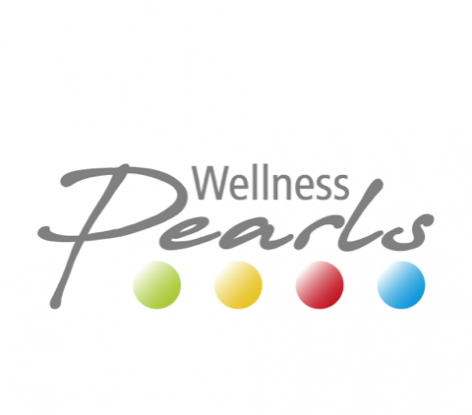Wellness dictionary
Little ABC for your spa-break questions ...
In their treatment discriptions, wellness hotels often use technical terms, which are hard to understand for potential guests. We have therefore collected and defined the most relevant terms in our small wellness ABC. A tip: Our wellness dictionary also supports word requests. You don't need to know the exact wording.
Select letters or search term:
Aromatherapy
What is aromatherapy?
Aromatherapy is the specific use of essential oils for therapeutic purposes. However, the scientific aromatherapy used in conventional medicine is based exclusively on the inhalation of essential oils.
What are essential oils?
Essential oils are highly concentrated plant essences obtained by steam distillation, peel pressing or extraction. Their versatile properties and application possibilities result from the numerous ingredients - depending on the oil, up to four hundred different active ingredients can be contained.
Which essential oil for what?
Essential oils are versatile. They can help to relax, increase concentration, clean the air in the room or generally contribute to a sense of well-being. Some essential oils have a disinfecting effect. This can be helpful in the prevention of colds.
Which oil is considered suitable for which indication depends on what kind of aromatherapy the practitioner practices. In a scientifically oriented aromatherapy, the choice of oil is based on its proven pharmacological effects.
Other forms of aromatherapy prefer an intuitive selection of aromas, or they follow the Yin and Yang principle of Traditional Chinese Medicine and select oils that balance the disturbed balance between the two forces.
Which fragrances relax?
Essential oils that have a relaxing effect in the form of scents or massages are among those that can be used:
- Lavender
- Vanilla
- Rosemary
- Bergamot
- Cedar wood
- Sandalwood
- Jasmine
- Chamomile
- Spruce needle
- Rose
- Aniseed
- Cinnamon
- Lemongrass
- Peppermint
Application of aromatherapy
For internal use, the essential oils can be dissolved in hot water and drunk. For massage they are diluted with a neutral oil. For inhalation, they can be inhaled with hot steam or sprayed into the air and allowed to evaporate slowly.
Aromatherapy can be combined with many other therapies. According to users, Bach Flower Therapy should complement it particularly well.
Which essential oil for headaches?
Essential oils can also help with certain types of pain. Peppermint and rosemary, for example, have a positive effect on headaches or migraines. As an essential oil, it can be massaged into the temples for acute pain, where it has a relaxing and relieving effect.
Which essential oils are suitable for cosmetics?
Aromatherapy is not only used in the medical field, but is also gaining popularity in cosmetics. For example, the different essential oils can be assigned to different skin types, which supports them in skin care.
For oily skin, the use of rosemary and rose is advisable, while impure skin is optimally supported by essential oils such as chamomile and lavender. But the fragrances rose and lavender as well as jasmine are also suitable for normal skin. Dry skin benefits from the use of vegetable oils such as carrot seed and orange.
What to consider when using aromatherapy
Do not use essential oils before direct UV radiation from the sun or a solarium, as this can cause severe skin reactions. Essential oils should also not be applied undiluted to the skin, as they can irritate the skin or cause rashes.
Related topics: Algae Therapy Full Body Aroma Massage Aroma Bath Aroma Foot Bath Colourlight Therapy Thalassotherapy Valo Bath


